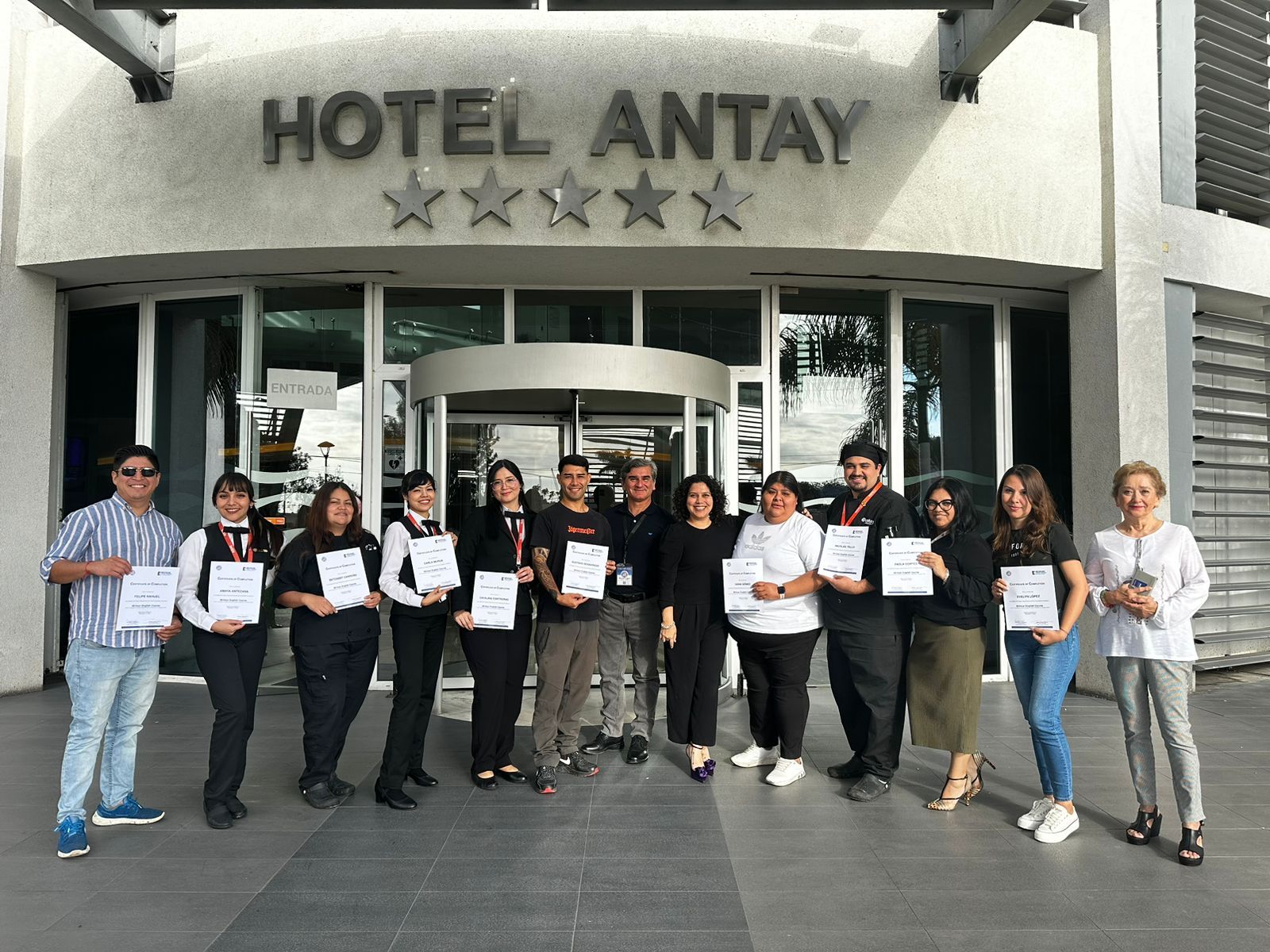By Javiera Rivera – Chile
In global tourism, English has become the industry’s unofficial currency. For hotels that welcome travelers from across continents, staff proficiency in English often determines whether a guest’s experience feels seamless or frustrating.
From reception desks to restaurants, communication sets the tone. A smooth check-in, a correctly understood order, or a confident local recommendation can mean the difference between a satisfied visitor and a missed opportunity. “Language is service,” as many hoteliers put it. Guests are more likely to return—and spend—when they feel understood.
For workers, the advantages are just as significant. English proficiency not only builds confidence but also expands career mobility, opening pathways to promotions at home and opportunities abroad. As global hotel chains compete for talent, language skills increasingly signal readiness for leadership roles.
The impact goes beyond transactions. Hotels that invest in language training empower staff to deliver the essence of hospitality: making guests feel welcome, recognized, and at home. In an industry where word-of-mouth and reviews drive bookings, such details create measurable returns.
In a crowded and competitive market, mastering English is less a box to check than a strategic asset. For both employers and employees, it remains one of the most effective tools for creating value—connecting people, enhancing service, and building loyalty in the world’s largest service industry.
–English Magazine
